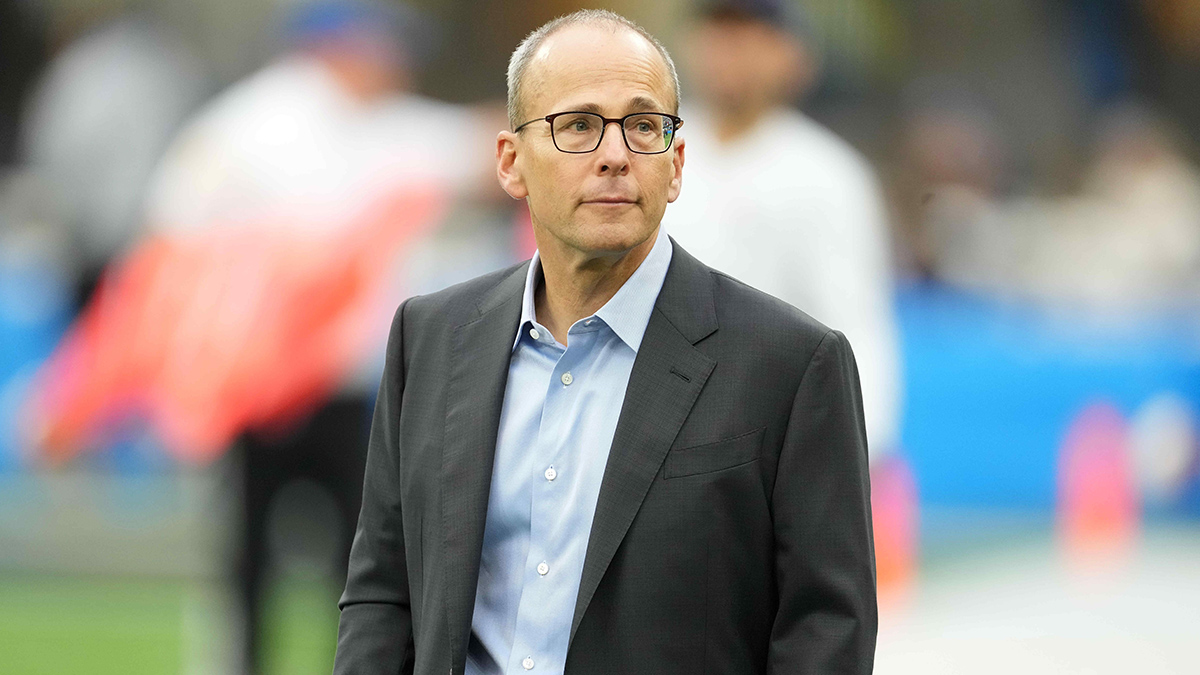Dozens of times since beginning their work on the brains of former football players, boxers and military members who suffered repeated blows to the head, researchers have announced their findings with slides of damaged tissue, strong words about the danger of concussions and perhaps a call for sports officials to take the issue more seriously.
At a Boston University medical conference on Thursday, doctors put a human touch on the often clinical diagnoses, announcing to a room stocked with family members of CTE casualties that former Patriots and Eagles fullback Kevin Turner — the lead plaintiff in the NFL's concussion lawsuit — also was a victim of the disease.
"There's people there, not just brains," Tamara Alan, executive director of the Kevin Turner Foundation, said as she choked back tears to thank the researchers for their work.
With Turner's parents in the crowd, neuropathologist Ann McKee said the former Alabama and NFL star had the most severe form of chronic traumatic encephalopathy, a traumatic brain disease linked to repeated hits to the head. CTE likely caused the Lou Gehrig's disease that killed Turner in March at the age of 46, according to McKee.
"The severity of Mr. Turner's CTE was extraordinary and unprecedented for an athlete who died in his 40s," she said.
CTE has been linked to repeated brain trauma and diagnosed in hundreds of former football players. It can also cause symptoms of Lou Gehrig's disease, also known as amyotrophic lateral sclerosis, or ALS.
Showing slides with evidence of both CTE and ALS in Turner's brain, McKee said that it's not possible to establish that the CTE caused Lou Gehrig's disease through an autopsy, "but this is the best circumstantial evidence we will ever get."
New England Patriots
After helping Alabama to the national championship in 1992, Turner played eight years in the NFL for New England and Philadelphia. He was diagnosed with ALS in 2010 and pledged his brain to the Concussion Legacy Foundation that year.
McKee said Turner had several symptoms associated with CTE, including cognitive and impulse control difficulties. She said it also appears that the disease damaged the motor cortex of his brain when he was young, "likely leading to his ALS symptoms."
"What Kevin Turner's case shows is that when you start playing football at 5 years old, and you're successful, it destroys your brain," said Chris Nowinski, a founder of the Concussion Legacy Foundation.
Nowinski said children whose brains are still developing shouldn't be playing tackle football, pointing to medical research — and even football coaches — who say there would be benefits from playing non-contact football until ninth grade.
"This is a totally preventable disease," McKee said. "Let's start preventing it."
Raymond Turner, Kevin's father, said Kevin's son stopped playing tackle football before resuming when he reached high school. Raymond Turner said he didn't regret that Kevin played football, but he wouldn't have started him on tackle football so early if he'd known the risks.
"We'd probably do it again," Raymond Turner said, "just in a safer way."
Turner was one of the named plaintiffs from as many as 6,000 potential players who reached a $1 billion settlement with the NFL to monitor more than 20,000 NFL retirees over 65 years old and compensate those with dementia, Alzheimer's disease and other serious neurological conditions.
Turner also created and served as president of the Kevin Turner Foundation, which seeks to show the potential connections between repeated brain trauma and Lou Gehrig's disease, which causes muscle weakness, paralysis and eventually respiratory failure.
In the documentary "American Man" featured on the foundation's website, Turner said he wants to help convince "old-school" coaches to take concussions seriously.
"I believe this is the most important thing I'll ever do in my life, other than raising my kids," he said. "This is by far bigger than any game or practice or tryout or whatever."



